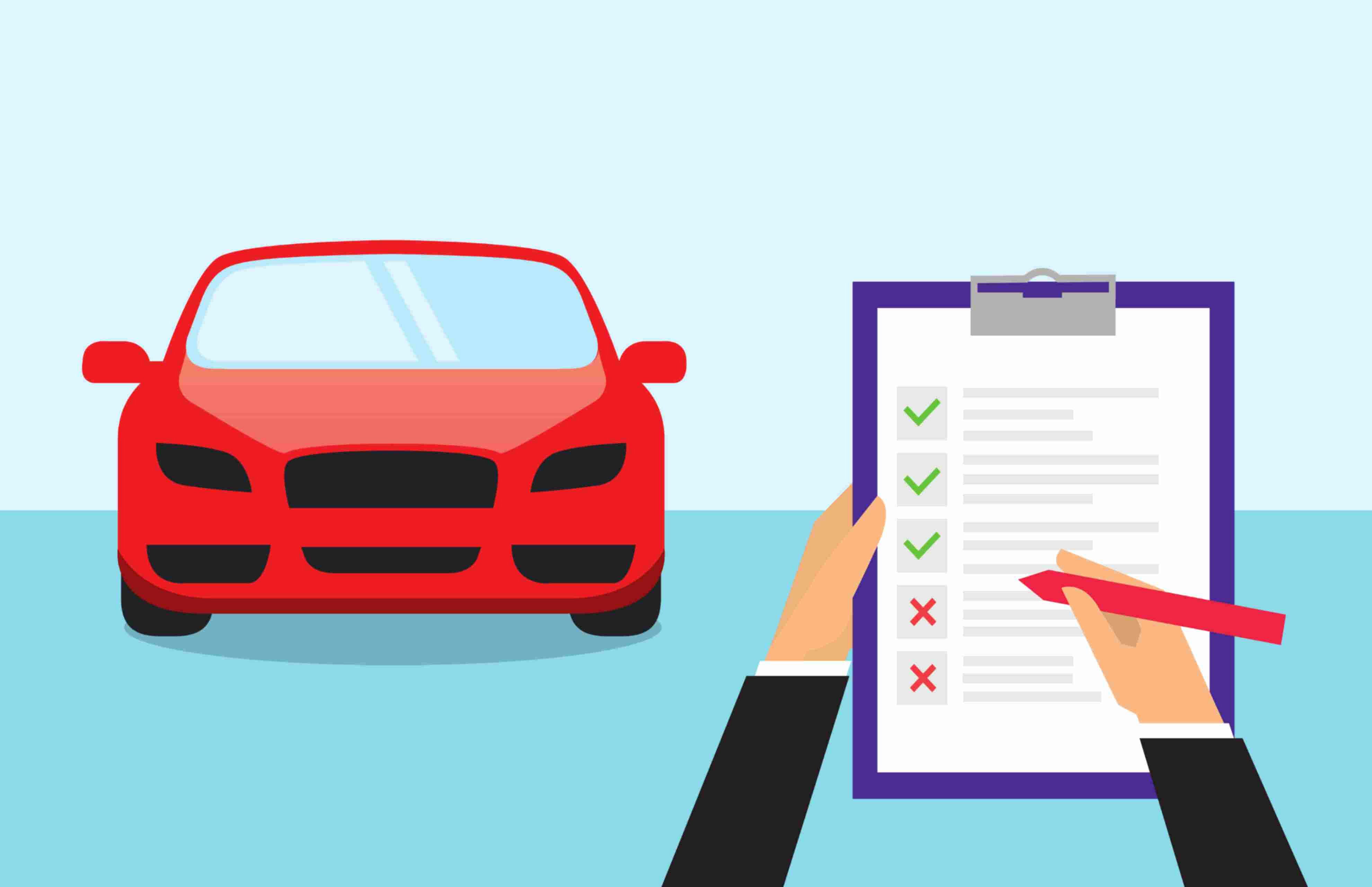Knowledge Hub
Knowledge Hub

Common Business Risks Faced by Entrepreneurs & Businesses Today
Business made easy
August 10, 2022
Any entrepreneur knows that running a company comes with a variety of business risks. Some of these risks can stop a company from achieving its goals, while others can be so costly that they ultimately force the business to close. Despite the risks involved in doing business, there are ways to shield your company from both external and internal threats. Dialdirect has a range of business insurance options to protect your business from a number of risks.
What is a business risk?
Anything that threatens a company’s ability to make money is considered a business risk. The sources of business risks are varied and can depend on things such as the industry, the economy, the country or consumer trends. Risks can be uncertainty-based, such as the potential of being exposed to natural disasters like flooding, or hazard-based disasters, such as construction accidents or chemical spills.
Some risks are internal, such as management making a faulty decision or failing to act on an opportunity, reputational risks or a toxic corporate culture. Other risks may be industry-specific; these include regulatory risks, barriers to entry, government regulations, competition and threats of disruption such as industrial action.
There is a range of external risks which include risks to financial markets such as recession, inflation rates, interest rates and foreign exchange rates. External risks can be difficult to predict, thus making it hard for a company to shield itself completely from all of them – but there are ways to protect a business from exposure to as many threats as possible.
What are the most common business risks in South Africa?
Companies operating in South Africa face threats that are both global, and region-specific. Cybercrime, for instance, is a major threat worldwide that also affects South African companies. Other global risks include business interruption due to climate change, political uncertainty and violence, changes in regulations or legislation, and new technologies.
According to the World Economic Forum’s Global Risk Report[1] for doing business in South Africa, there are four area-specific risk factors companies operating in the country face. These include unemployment (which was exacerbated by the COVID-19 pandemic) and the failure of critical infrastructure such as the challenges being experienced with our electricity supply. Another risk identified for South African businesses is social instability, which leads to issues such as strikes, and finally, there are water crises, caused by ageing infrastructure, which lead to outages.
While these are country-specific risks, there are also far more common business risks faced by most companies, large and small, on a worldwide scale. These include:
1. Financial risk
Financial risk is the danger your business faces of losing money on a bad investment or of your business struggling to manage debt and make payments. Some risk factors can be due to outside forces such as instability in financial markets, financial downturns and interest rate fluctuations.
Other financial risks may be due to poor decisions made by individuals in management that expose the business to financial loss. An example could be a decision to over-extend a company’s debt to buy a new property or equipment. This could lead to difficulties in covering day-to-day expenses such as paying salaries and production costs.
2. Strategic risk
Strategic risk is encountered when an event occurs that makes it impossible for a company to achieve its objectives and interferes with the company’s business model. These threats can stop a business from attracting customers and will ultimately affect profits.
One example of strategic risk is if a new technology enters the market that makes a company’s product obsolete. This happened to many professional printing companies for instance, when home printers became common. Other examples include a product failing in the marketplace; a supplier gaining a monopoly over the marketplace and raising prices; and government changing regulations leading to a negative effect on the business.
3. Reputational risk
Reputational risk can damage the good name of a company, eroding the trust which the company has built up with customers and clients. A well-known food company, for instance, could face reputational damage if factories, in which food is produced, are found to have dangerous bacteria, like salmonella.
Reputational risk often happens unexpectedly and can occur directly because of actions by the company or indirectly when an employee does something which harms the company’s reputation, such as taking part in criminal activity. Due to globalisation, the reputational damage can even happen due to a link with the company from a region far away. Sometimes, this type of business risk can be dealt with through good communication strategies. However, there are instances when the damage that has been done can last for years.
4. Liability risk
Liability risk is the danger a company faces of being sued for bodily injury, death, property damage or financial loss from any third party. Businesses face many different types of liability every day, particularly if they deal with the public or they sell products which could potentially injure someone. Any business that interacts with the public (such as a restaurant) is at risk of a customer potentially injuring themselves and subsequently suing the restaurant for any medical bills.
Businesses that provide services to clients are at risk of making mistakes which could lead to a client losing money. For instance, an architect could make a mistake in design that leads to a project needing to be redone.
5. Business interruption risk
There are many scenarios that can lead to a business having to stop trading, such as natural disasters, like flooding, cyberattacks and supplier shortages. All of these events can cause a company to interrupt its services for a period of time, drying up revenue streams while the bills pile up. Any business that has to close its doors for some time is at risk of having to close them permanently. Many companies experienced this during the Covid-19 pandemic[2] when months of lockdown meant many enterprises could not survive the financial shortfall this caused.
How business insurance helps with risk management
Risk management is the process of identifying, assessing and limiting the damage various threats can have to an enterprise. Business insurance is the best method a company has of managing its risks and ensuring the company’s future success.
There are several different types of business insurance available to counteract the risks faced by your specific company, whether it is a small home-based enterprise or a large conglomerate. Different policies also cater for businesses across different industries. Take a look a Dialdirect’s comprehensive business insurance guide for tips.
There are various business insurance policies which your company can choose from. It is recommended, for instance, that any company dealing with the public should get public liability insurance. This type of insurance policy will cover you if any member of the public or their property is damaged or injured while on your premises and you are subsequently sued. Professional indemnity insurance, on the other hand, will protect you from any legal claims that may arise if you or an employee makes a mistake which costs your client time and money. For businesses that want to limit the financial risk that could come with a business being forced to stop operations, business interruption insurance is the best way to go.
Discover more about business risks and How a business insurance policy can help grow your company.
Get a business insurance quote from DialDirect
Secure your company’s future by protecting it from all business risks it faces. Call Dialdirect (6) today for a business insurance quote. Our experts are available to answer any questions you may have and to assist you through the process.
Sources:
[1] Esi-Africa.com | Top four risks of doing business in South Africa in 2021
[2] McKinsey | COVID-19 recovery in hardest-hit sectors could take more than 5 years
Disclaimer: Dialdirect Insurance is a licensed non-life insurer and financial services provider. Terms and Conditions online. The information in this article is provided for informational purposes only and should not be construed as financial or legal advice.

We have great insurance products
Need car, home & Life Insurance? We offer a wide range of insurance products. Switch & get cash back on insurance premiums.






















